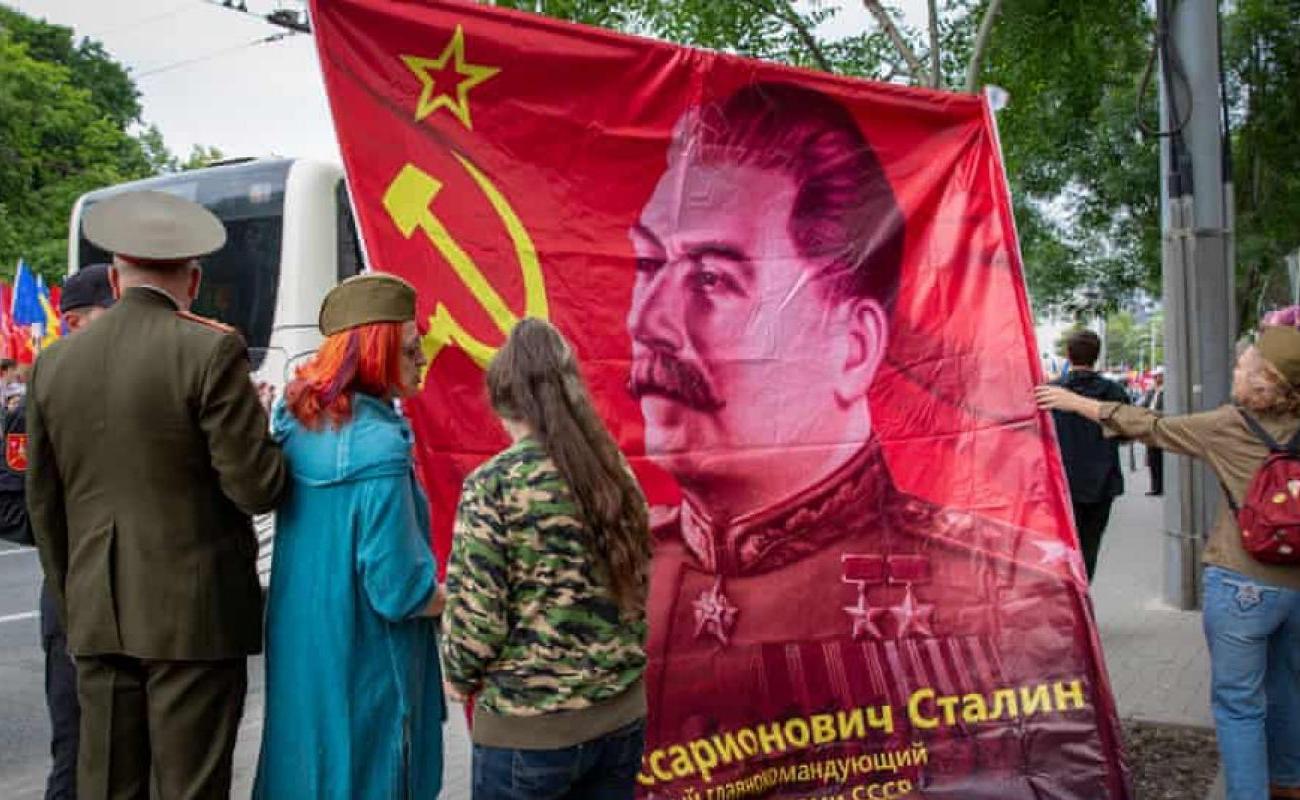‘Russia’s dirty money will hijack our democratic process’: how tiny Moldova fears Kremlin is fixing EU referendum

Last spring, customs officers in the tiny nation of Moldova struck gold. Acting on a national intelligence tip-off from, they intercepted more than 100 passengers arriving from Russia via Armenia, each carrying bundles of cash just shy of €10,000 – the threshold for mandatory declaration. In a single night authorities at Chișinău airport seized more than €900,000.
Moldovan officials swiftly announced that the cash couriers were part of a scheme allegedly led by a Kremlin-linked fugitive oligarch and aimed at financing protesters and buying votes in this month’s presidential election and pivotal EU referendum.
The operation offered an early indication of what Moldovan and western officials have described in interviews with the Observer as an unprecedented effort by Russia to undermine the country’s bid for EU membership and weaken the authority of its pro-western president through a series of destabilising campaigns.
“Russia is pouring millions in dirty money to hijack our democratic processes. This isn’t just meddling – it’s full-blown interference aimed at destabilising our future. And it is alarming,” said Olga Roşca, a foreign policy adviser to the pro-western president, Maia Sandu
The election, set for 20 October, in which Sandu faces re-election, is to be held on the same day as a referendum asking Moldovans whether they support constitutional changes that could eventually enable the country – one of the poorest in Europe – to join the EU.
Roşca said the government estimated that at least €100m was being funneled into Moldova from Russia to manipulate the elections and EU referendum. It is not the first warning about Russian interference: in June, the US, UK and Canada said Moscow was trying to meddle in Moldovan politics and would seek to provoke mass protests if its campaign fails.
Since the breakup of the Soviet Union, Moldova has gravitated between pro-western and pro-Russian courses, though the shadow of the Kremlin has always loomed large. Moscow also has 1,500 troops stationed in Transnistria, a region run by pro-Russian separatists who broke away from the control of Moldova’s government in a brief war in the 1990s.
Sandu, a former World Bank official, was elected president in November 2020, riding a wave of popularity as an anti-corruption reformer with a pro-European agenda. She has advocated a humble lifestyle – a sharp contrast to the bombastic, predominantly male politicians who have long dominated Moldovan politics.
In a recent interview, the president said she was sharing a two-bedroom apartment with her mother, while in her asset declaration from 2023 her bank balance was recorded as $600.
In 2021, Sandu’s pro-western party, PAS, won a majority in the country’s parliamentary elections, giving her unprecedented power to implement reforms and push the country toward the west. But, three years later, Moldova remains mired in economic and political instability.
First, the country was plunged into an energy crisis when Kremlin-controlled Gazprom slashed gas supplies to the country by one-third and demanded more than double the previous rates to maintain the flow, in what was widely seen as political payback from Moscow for Sandu’s pro-western stance. Then, Russia’s war on Ukraine pushed Moldova into a broader financial crisis.
Located just a few hours drive from Odesa, Moldova took in the highest number of Ukrainian refugees per capita, placing immense strain on its healthcare system, public services, and infrastructure. Inflation surged by as much as 40% as trade with both Moscow and Kyiv sharply declined.
Stray Russian missiles from the conflict added to the growing sense of danger, while the Russian troops stationed in Transnistria further amplified anxieties.
“Sandu promised a lot, but the geopolitical situation has been very tough on her. They have not been able to deliver on all promises,” said a western official in Moldova, reflecting on the growing frustration among some Moldovans with Sandu and her party.
“There is growing apathy and disappointment, which provides a fertile ground for Russia,” the official added.
Sandu remains the favourite to win the first-round presidential vote against 10 challengers, but she is facing a tricky second-round runoff.
She is also leading the “Yes” campaign for the EU referendum, with polls showing 55-65% of voters in favour of joining the bloc. In a major boost for Sandu, Moldova officially began EU accession negotiations in June. However, scepticism remains high about the country’s ability to implement the necessary democratic and judicial reforms in the near future.
Critics from the opposition have accused Sandu of politicising the referendum by holding it on the same day as the presidential election, suggesting that the move is designed to boost her own political chances. “The referendum is a very cynical move,” said Alexandr Stoianoglo in Chișinău, one of Sandu’s main rivals from the Russian-friendly socialist party, who is polling at 12%.
